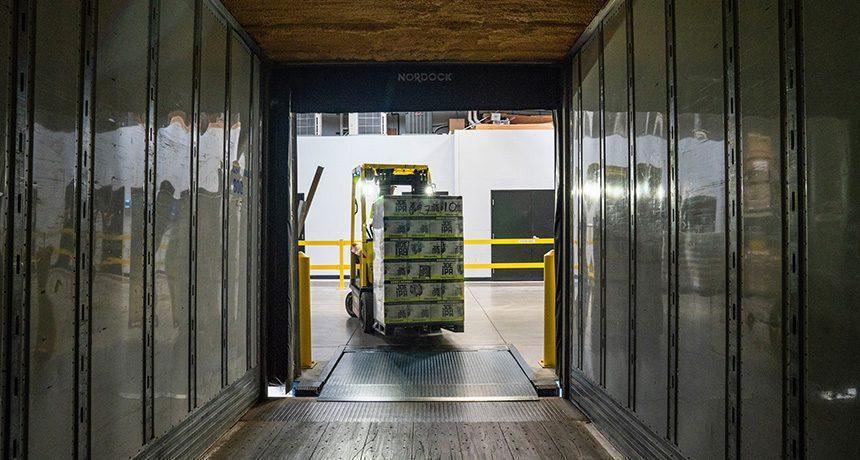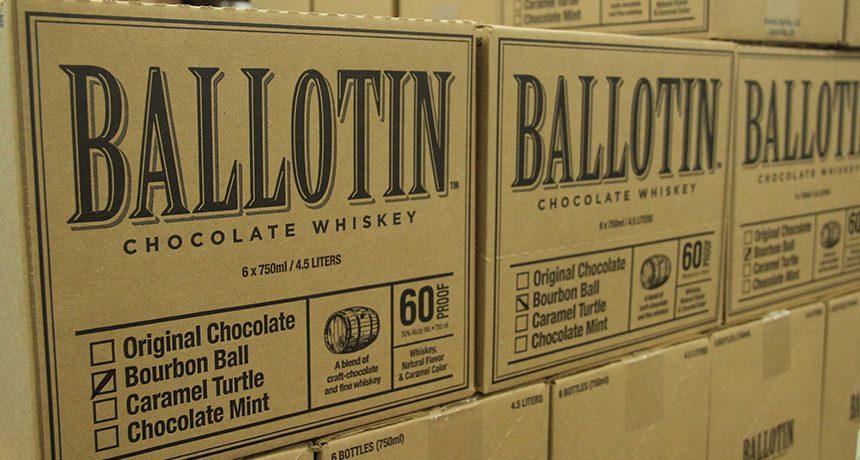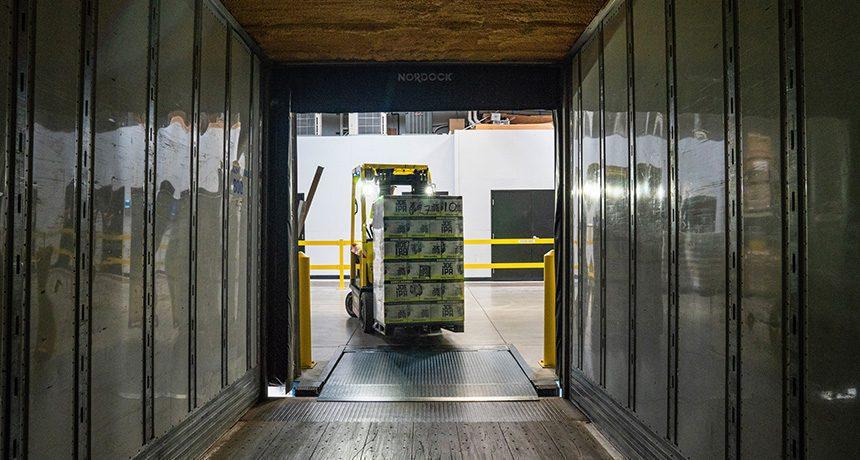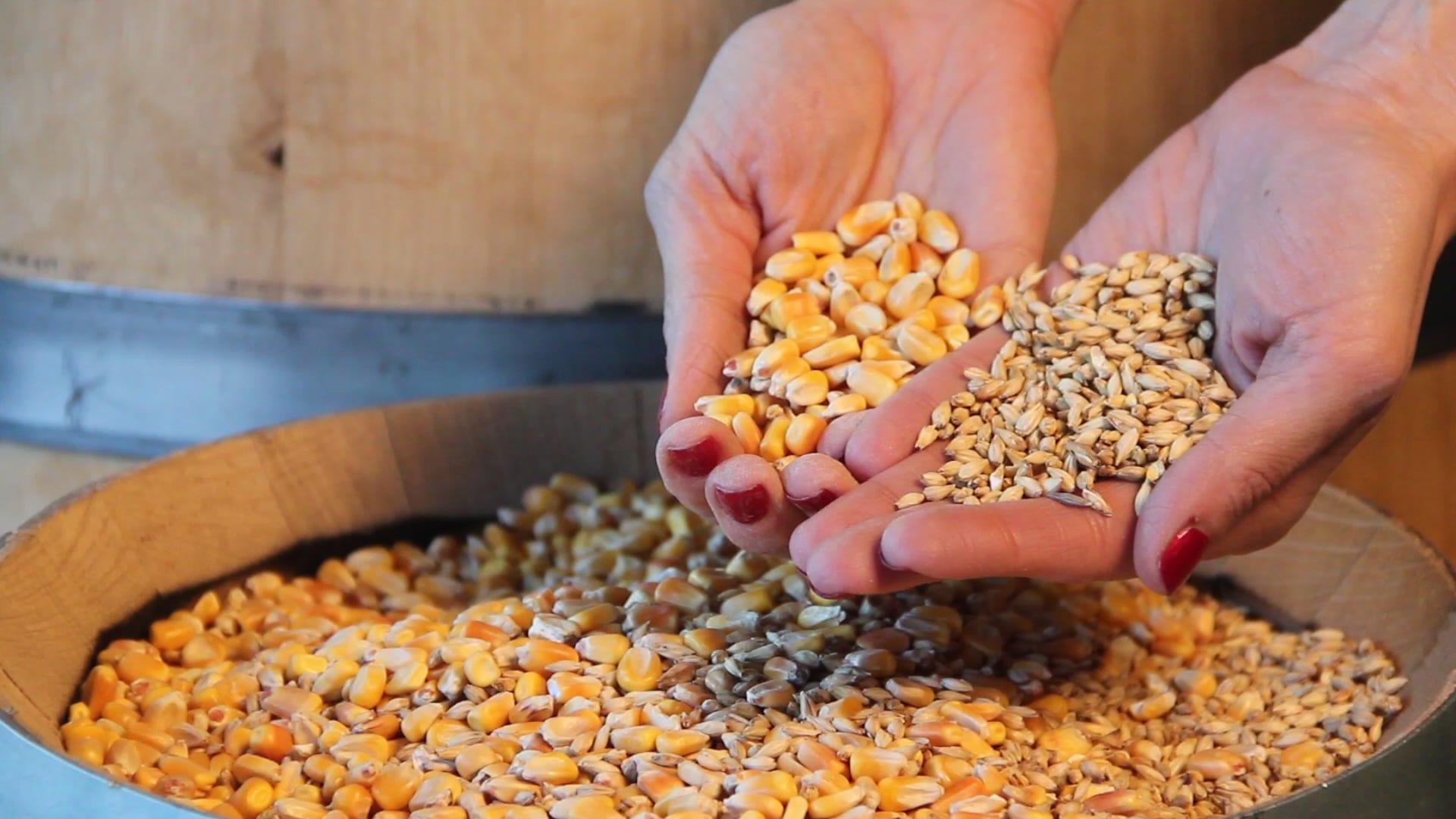
The Art of Non-Alcoholic Spirits
blog
For decades, spirits and cocktails have fostered a culture of craft, connection, and celebration. But over time, cocktail culture has evolved far beyond the buzz!

As you likely know, the three-tier system is the most prevalent method for selling spirits in the United States. What you may be less aware of are the complex and varied rules and regulations that distillers must keep in mind when expanding into a new state. The following is an overview of the main regulatory and tax rules that distillers must comply with when distributing their products across different states.
When entering a new state, the first step is to obtain a license to sell to in-state wholesalers or to get approved to sell to the state's control board. Pay attention to the specific requirements needed for a supplier license, as they differ from state to state. The cost to obtain a supplier license can range from no cost at all to thousands of dollars per year. Additionally, some states also require spirits suppliers to hold a $100,000 bond.

Because liquor labels contain critical information that identifies the contents and producers of the product, they are highly regulated by the federal and state governments.
After obtaining a Certificate of Label Approval (COLA) at the federal level, it's time to get state-specific. Nearly 40 states have their own product registration requirements, including some that require yearly renewal. Many states also collect distributor information to manage franchise restrictions. This could involve documenting the approved territories for distributors or establishing a record of existing relationships in case a party needs to adjust their agreement in the future.
In control states, government agencies take over one of the standard "tiers" of the three-tier system. Most often, state agencies will act as the wholesaler. In 13 jurisdictions, the state also manages or operates retail stores. All states that use a control system apply it to the sales and distribution of spirits.
There are some essential differences between selling your product to a private business and to a government entity. A license may not be necessary when selling to control boards, though you must still be recognized as a potential supplier by the state.
The key distinction is that you must "list" your products with the state, convincing them of your product's value and marketability, similar to how you do with a private wholesaler in other states. This listing process can be complicated and involves additional steps to achieve. As part of the listing process, you may need to use a registered in-state representative when submitting quotes to the state. States will only accept quotes during specific time periods, and each product category must meet particular criteria.
Selling into a control state may seem like a headache, but interacting directly with a state agency can have its upsides. Because a supplier lists their products directly with the state, they do not need to file a brand/label registration for those products beyond the listing process. Further, the state does not need to receive regular shipping reports on those distributions because sales are already distributed directly by the state agency.

Each state has its own excise tax requirements, reporting, and deadlines. Excise taxes are calculated on the volume of alcohol sold and are levied at the federal and state levels. This means that high-ABV spirits are taxed more heavily than, say, an IPA. By knowing your excise tax obligations, you can properly set prices in the state.
Generally, excise taxes are paid by the "first party to own the product in a state," which typically implies the distributor. However, that is not a universal rule, so spirits producers distributing interstate should be aware of any situations where they would be required to remit excise tax themselves.
Many states require suppliers to file reports that outline their sales to in-state wholesalers. These reports outline what was sold, when, and to whom, typically on a monthly basis. Some states require copies of all invoices, while others require the total volume sold to be reported. Keeping tabs on the specific requirements in each territory where you do business, whether manually or via a software solution, is essential for compliance with three-tier distribution regulations.
For more information on the standard distribution rules and how each state applies them, refer to the Distribution Rules by State.
Written By: Sovos ShipCompliant

blog
For decades, spirits and cocktails have fostered a culture of craft, connection, and celebration. But over time, cocktail culture has evolved far beyond the buzz!

blog
Those that are familiar with the process of crafting distilled spirits may also be familiar with the 10 common congeners that are created during fermentation, and honed during the distillation run. Each congener has its own distinct personality, rendering unique tastes and aromas to the finished spirit.

blog
So, you want to start distilling with freshly milled grain. Maybe you're tired of paying top dollar for the pre-milled stuff from the malt distributor, and you're ready to invest in the quality, efficiency, and bulk pricing that comes with milling your own whole grain. But where do you start?